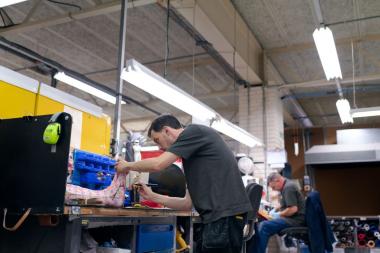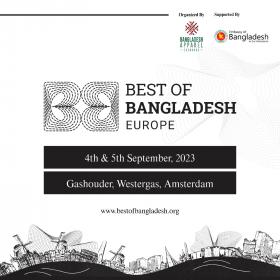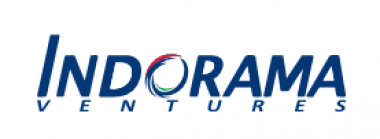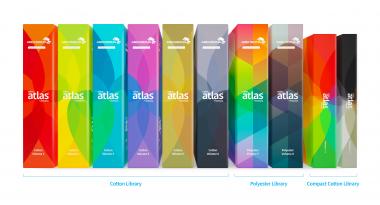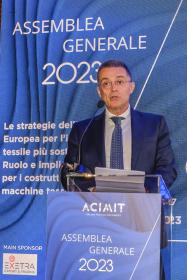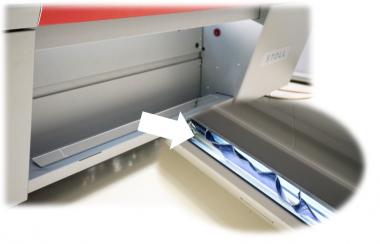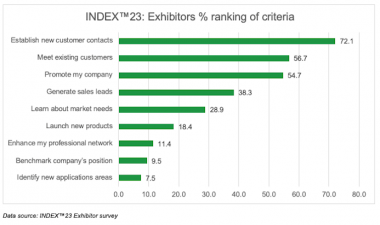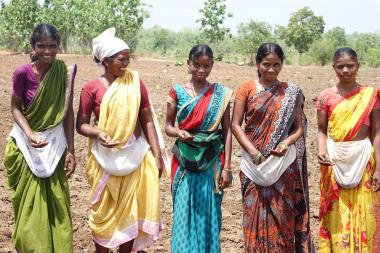Hohenstein and Sizekick: AI for size recommendations
The Munich-based startup Sizekick launches a new technology and attracts well-known brands and retailers to reduce size-related returns in e-commerce. With the apparel technology know-how of the strategic partner and investor Hohenstein and the AI-based technology of Sizekick, more sustainable shopping in e-commerce with less CO2 emissions will be made possible. The technology company is now celebrating a successful market entry: The newly developed sizing AI is now available for fashion e-commerce stores and is pleased about the first successfully acquired customers. The first customers to join the company include the Swiss multi-brand store for sustainable fashion, Rrrevolve, the premium outdoor brand Black Diamond from the USA, and Marc Cain, a global brand with German roots in the premium sector.
The solution promises to add value for both brands and consumers when shopping online by taking individual body measurements into account when recommending the right clothing size. The AI-based technology always offers two options to help arrive at the appropriate size recommendation. With BodyFinder, the AI suggests realistic body shapes to choose from. Alternatively, the video-based BodyScanner option enables a body scan via the smartphone's video function. All it takes to do this is to turn around in front of the phone's camera. Fashion brands and fashion retailers now have easy access to the new technology, as integration in the e-commerce store takes just a few minutes.
Hohenstein's expertise helped the Sizekick team to link accurate body measurements with the right product properties. Hohenstein is considered a leader in the field of size & fit and has been advising companies in the textile industry for over 75 years. The Sizekick fit analysis not only supports the brands' product teams, but is also used as direct input for Sizekick AI.
Hohenstein







